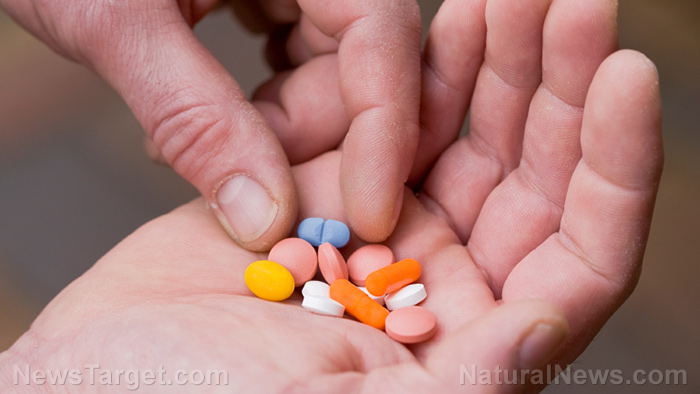Another side to the opioid epidemic: Drug tests are costing tax payers millions
03/08/2019 / By David Williams

Privately owned drug-testing laboratories bring in hundreds of millions of dollars in profit every year. This has been the case ever since they first started popping up, but now it has really become a huge problem. This is according to a recent investigative news report that covers the Comprehensive Pain Specialists (CPS) lab in Tennessee, among other drug-testing labs.
Kaiser Health News, in cooperation with researchers from the Mayo Clinic, looked at the available billing data from Medicare and private billing insurance across the U.S., and what they found was that spending on urine tests and other related tests grew four times from 2011 to 2014 to about $8.5 billion each year. It’s said that the government spent more money on urine tests than on the four most recommended cancer screenings combined. Urine testing has become so lucrative, in fact, that in some circles, urine is now referred to as something else: liquid gold.
In order to understand why urine testing has now become so pervasive, one need only to look back in the past decade. When news about opioid deaths first began to spread, it became standard for doctors who prescribed the pills which caused these deaths to look for ways to prevent abuse and limit liability. Some shrewd businessmen ended up convincing many doctors that drug testing is exactly what they were looking for. It kept them out of trouble with the licensing boards or the law, while also protecting their patients from harm. This is what caused doctor’s to open up their own labs and start drug testing.
Since then, the practice has spread far and wide, and now has allegedly gone completely out of control. There’s even one documented case where a single urine sample was tested to the tune of $1,845.

That’s just from one person alone. In the case of the CPS network, which uses a high-tech testing lab, about 48,000 people get treated each month, of which many will be tested for drugs. This really underlines the fact that urine testing has become a full-blown multi-million dollar business.
Perks of owning a private lab
The main problem with this issue is that there is no national standard that dictates who gets tested, for what drugs, and how often. This has led to labs operating at their own discretion despite the fact that extensive tests have yielded a low number of positive results. Medicare has reportedly spent tens of millions of dollars on tests for drugs that “presented minimal abuse danger for most patients,” according to arguments by government lawyers who are questioning current drug testing practices.
Payments have reportedly surged for urine tests for street drugs like cocaine, ecstasy and PCP. All told, these drugs have only showed up positive in one percent of all samples. Meanwhile, doctors who operate their own private labs reap the benefits of the extensive tests, taking in $1 million or more from Medicare in both 2014 and 2015.
While still far from being resolved, this matter is indeed being looked into by the U.S. government. Jason Mehta, an assistant U.S. attorney in Jacksonville, Florida, there is a focus on physicians who are apparently making more money testing rather than treating patients. “It is troubling to see providers test everyone for every class of drugs every time they come in,” said Mehta.
History of suspicious activity
Back in 2012, a whistleblower lawsuit was aimed at one of the known top billers for urine tests in the U.S., Millennium Health LLC. It resulted in the company denying all allegations and afterwards settling with the Department of Justice to the tune of $256 million. Meanwhile, its parent company, Millennium Lab Holdings II, declared bankruptcy. But there are many other such companies still operating out there today.
In all cases, the drug testing turns out to be either too much or simply priced too high. While the doctors who own the labs say that they are prepared to follow guidelines as soon as any are set by the authorities, in the meantime, their ongoing practices are going to continue to bleed the available public funds dry.
Sources include:
Submit a correction >>
Tagged Under:
Big Pharma, comprehensive pain specialists, Drug Testing, drugs, medical insurance, Medicare, opioid epidemic, Opioids, Urine test
This article may contain statements that reflect the opinion of the author





















